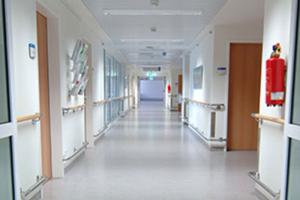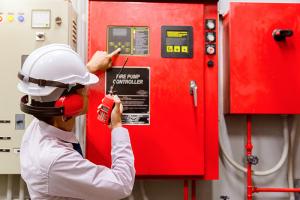A historic opportunity
While health care delivery always has been a technologically intensive endeavor, the current emphasis on health information technology and electronic health records transcends the industry's previous, more isolated approaches.
Indeed, from bedside electronic equipment to mobile-access devices to home-based monitoring, the growth of advanced technologies is opening up an entirely new world of automated health care solutions to help hospitals improve quality and lower costs.
Although the prospect is exciting, it also puts health facility building and operations professionals in the unenviable position of planning for architecture, infrastructure and medical technology needs that have yet to be resolved. And, beyond the technical issues, there also are managerial, cultural and political issues raised by disparate professionals working together, sometimes for the first time.
Still, as architects and medical-equipment planners discover new ways to build flexibility into their designs, facility managers and mechanical-electrical-plumbing engineers learn to plan for future infrastructure needs, and clinical and biomedical engineers figure out which devices work best together, the backbone required to deliver these solutions is being developed slowly.
And, as these professionals interface with experts from information technology and clinical departments, administration and a variety of outside consulting organizations, the technologically enabled health care delivery system of the future is becoming a reality.
It's an important time for health facility professionals. Rarely have they been called upon to play such a direct, even vital, role in the delivery of patient care. All Health Facilities Management readers should try to take part in this historic opportunity.




